Water filtration. Water filtration. Water filtration. Water filtration.
Water is essential for our survival. The quality of the water we consume directly impacts our health and well-being. With increasing concerns about pollutants, contaminants, and impurities in our water sources, the need for effective water filtration has never been more critical.
Let’s dive into the topic and explore the importance of it. An interesting conversation inspired it with one of our clients, which allowed us to build a list of 5 innovative solutions that have been developed in the industry so far.
“Looking for companies producing water filters. Those filters should work with activated carbon to clean water and make it drinkable.”
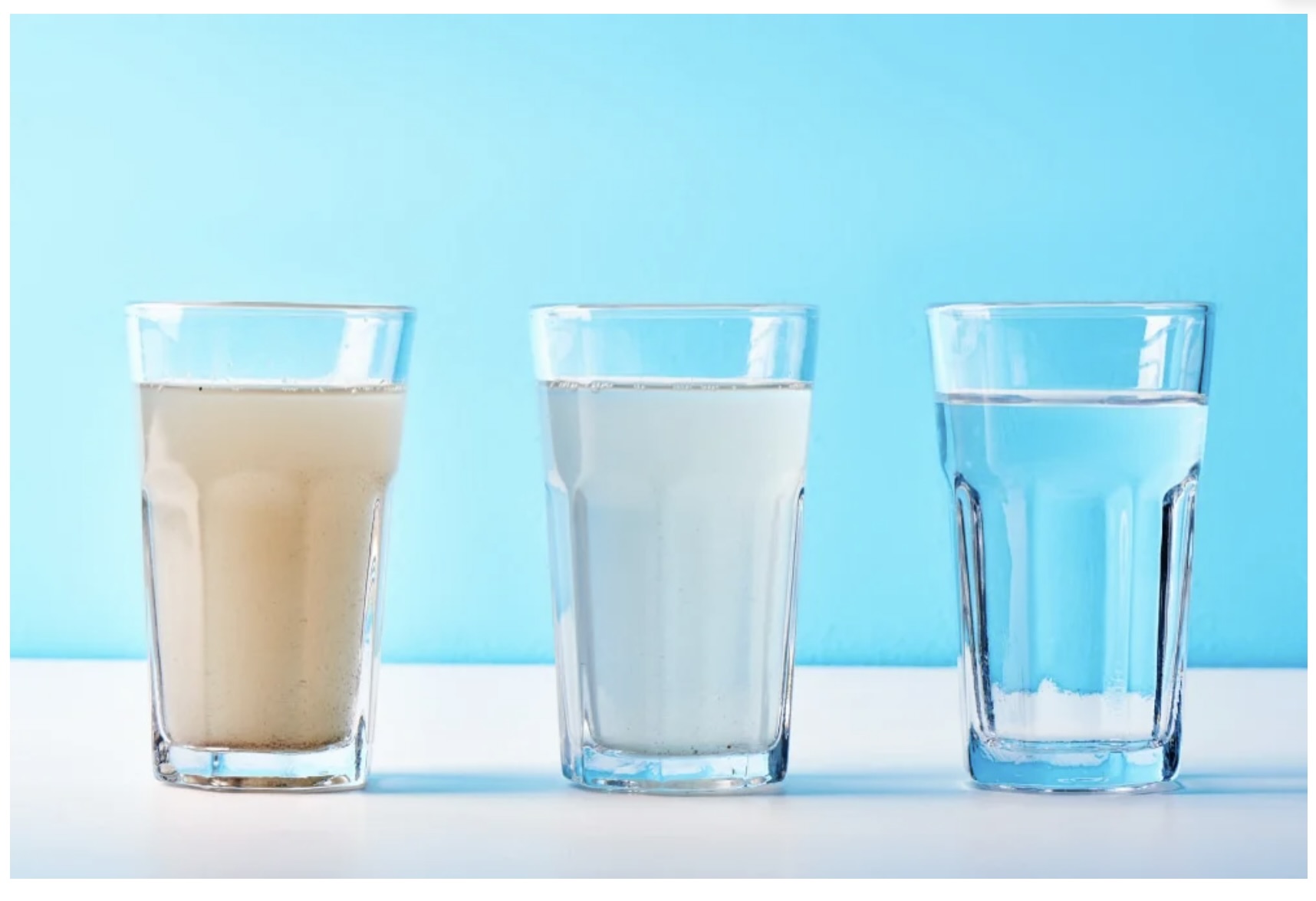
Source: Shutterstock
Hydroviv offers customised filter solutions for your specific zip code. Why? Because the water across the country is different, and therefore not all filters should be built the same. Water quality issues are affected by several factors including the age of your house and the city’s infrastructure, the natural geology of the region, and your water source proximity to farms, industrial sites, and military bases. What you get is a hyper-targeted water filter backed by science. Hydroviv experts analyse millions of water quality measurements and reference these data with the latest toxicology thresholds. Finally, they select water filtration media that fixes the issues found in the analysis.
Watermart has 30+ years of experience and is Toronto’s preferred choice for residential and commercial water solutions. Their kitchen water filtration systems go from basic chlorine filters to advanced contaminant ones. Some examples are listed below.
Reverse osmosis systems, with or without pH boosting remineralisation. Eliminate sediment, both organic and inorganic compounds, chlorine, lead, aluminum, pharmaceutical residues, fluoride, and various other impurities from your tap water. This can be achieved by passing the water through multiple filtration stages: a fine sediment filter, followed by two extruded carbon filters, then a fine membrane, and finally, a polishing filter. Additionally, you have the option to alkalise the water.
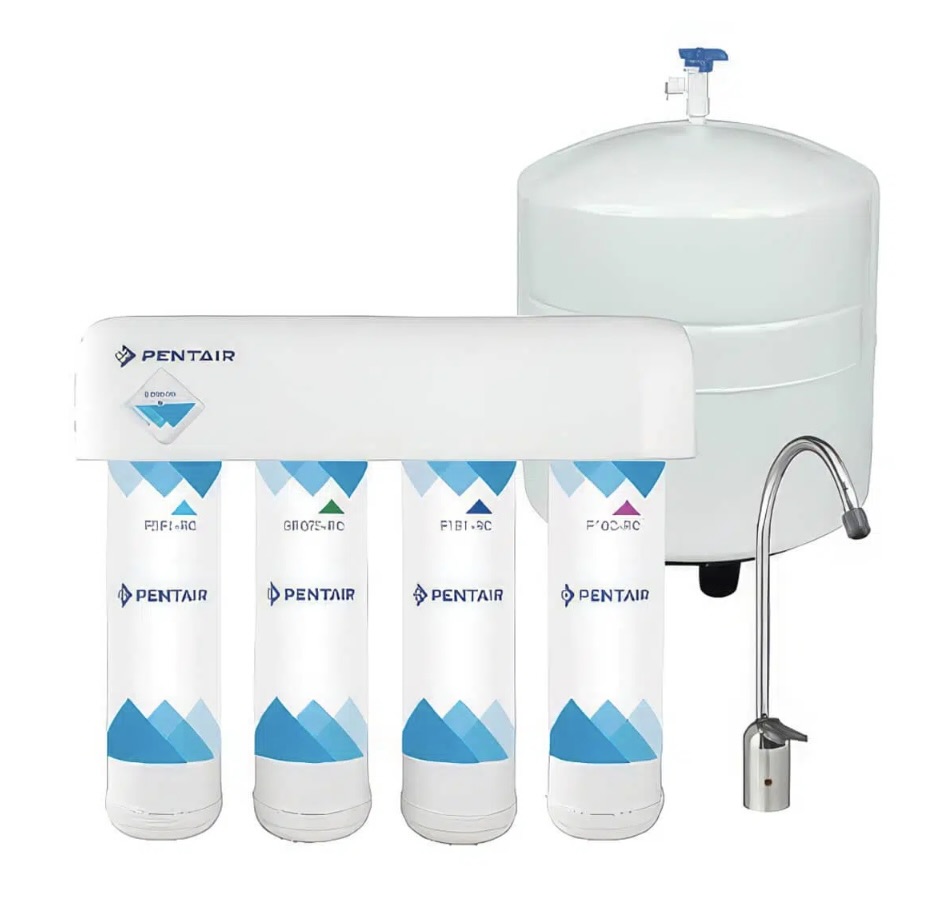
Multi-stage filtration systems. This system keeps healthy minerals like calcium and magnesium without affecting your water’s pH level. You can also choose to make the water fluoride-free.
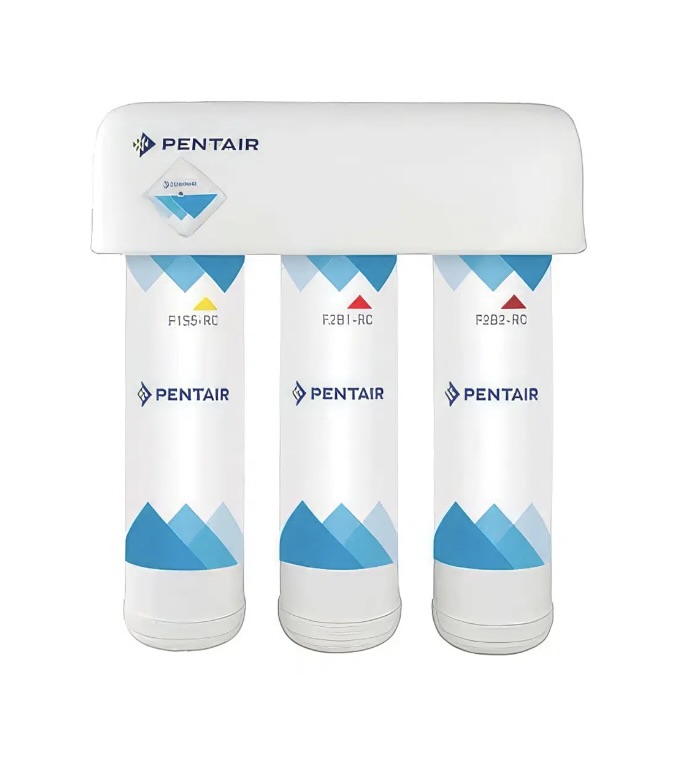
Berkey countertop water filters. Berkey water filtration systems offer a convenient solution for limited spaces. It is available in various sizes, designed to fit on your countertop. It also provides an affordable, portable option for ensuring cleaner, healthier water whether at home or during your family’s travels.
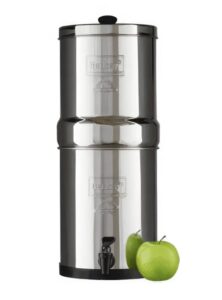
Walter Filter Advisor states “Whether it’s for drinking, cooking, or bathing, it’s crucial to use water that’s entirely pure and free from harsh chemicals.” By employing a water filter, you can confidently use water for all your needs, knowing it’s devoid of harmful substances. Choosing the right whole-house water filtration system is paramount, transcending mere cost considerations. A curated selection of the top 5 systems, complete with detailed features and specifications, facilitates informed decision-making.
Key factors for comparison include the filtration system’s design, water capacity, flow rate, certifications, and filter types. A 3-stage purification system effectively eliminates a wide array of contaminants, significantly enhancing both health and lifestyle, even if achieving 100% purity may be unattainable.
With increasing concern about water quality between private and municipal sources, Clean Safe Water developed WaterPOD, a purification system that provides certainty about the water entering your home. A WaterPOD is like having a mini water treatment plant, able to improve smell, taste, and colour while reducing viruses, bacteria, pharmaceuticals, volatile organic compounds, and heavy metals.
It is a multi-stage filtration system customisable to individual needs. Smart technology monitors the usage and sends alerts as needed. Less than 1% of water is wasted and no chemicals are used in the purification process. Finally, it is easy and inexpensive to maintain.
In terms of capacity, it can produce 12000 gallons of purified water each day, with minimal energy requirements (120 volts). Moreover, it can be converted into solar and is characterised by minimal environmental impact.
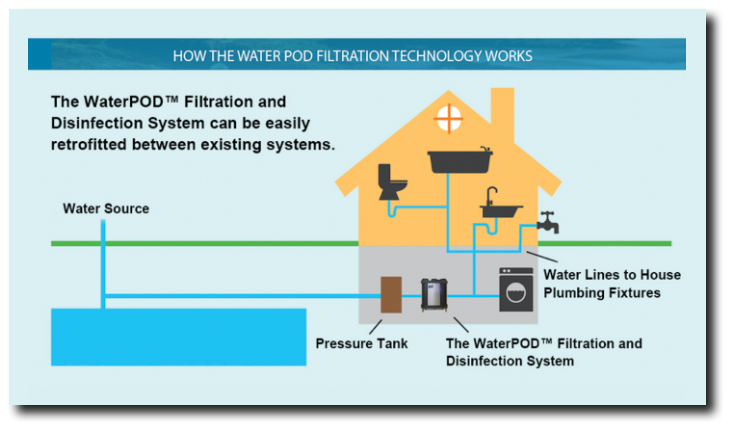
Metro Water Filter approach allows customers to decide the best option for them. They provide a whole-home carbon filtration system to help whoever is struggling with water quality issues. As water passes through mains, pumps, and pipes, it can pick up many contaminants. Any break in a line sucks up soil and surrounding contaminants. Pathogens, from sewage discharges and farm runoff, can enter the water when municipal pipes or water systems break down and are repaired.
What are the benefits of their activated carbon filter?
Microorganisms. Bacteria viruses, and parasites can cause waterborne diseases such as cholera, typhoid, and giardiasis.
Chemicals. Pesticides, heavy metals, pharmaceuticals, and industrial pollutants can leach into water sources, posing serious health risks.
Sediments. Sand, silt, and debris can cloud water and affect its taste and smell.
Chlorine and chloramine. Added to disinfect water, they can have an unpleasant smell and taste.
Reverse Osmosis (RO) filtration systems use a semipermeable membrane to remove a wide range of contaminants, including dissolved solids, microorganisms, and chemicals.
Activated carbon filters are effective at removing chlorine, chloramine, organic compounds, and some heavy metals by adsorption.
UV light is used to disinfect water by inactivating bacteria, viruses, and other microorganisms, making it a chemical-free method of purification.
Ion exchange filters remove dissolved ions such as calcium, magnesium, and heavy metals by exchanging them with other ions, typically sodium or potassium.
Sediment filters, often made of pleated polyester, remove larger particles like sand, silt, and rust from water.
Conduct a water test to identify specific contaminants present in your water source. Consider the initial cost of the filtration system, as well as ongoing maintenance expenses such as filter replacements. Determine the volume of water you need to filter daily and choose a system with an appropriate flow rate. Some filtration systems require professional installation and regular maintenance, while others are more user-friendly.
Water filtration is a vital step towards ensuring access to clean, safe drinking water. By understanding the different filtration methods available and choosing the right system for your needs, you can enjoy the countless benefits of purified water. Whether you opt for a simple pitcher filter or a sophisticated reverse osmosis one, investing in water filtration is an investment in your health and well-being, and the planet.
What is your opinion on the topic? What do you think of activated carbon filters? Share your thoughts with us on LinkedIn!